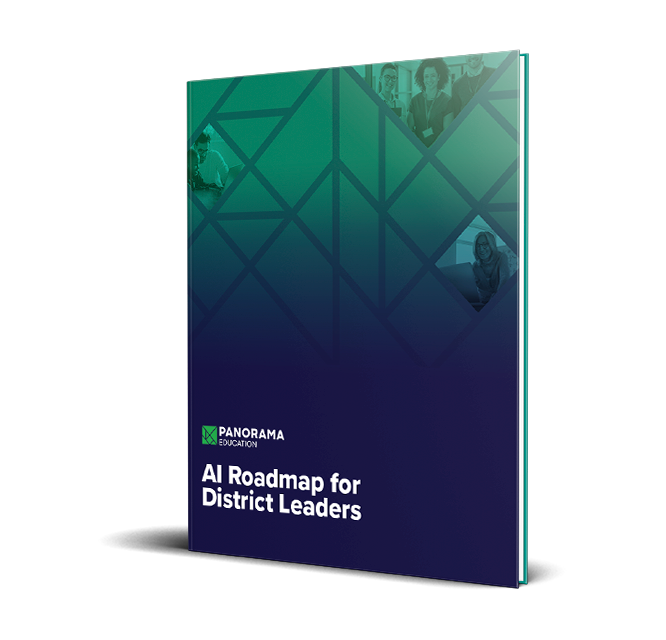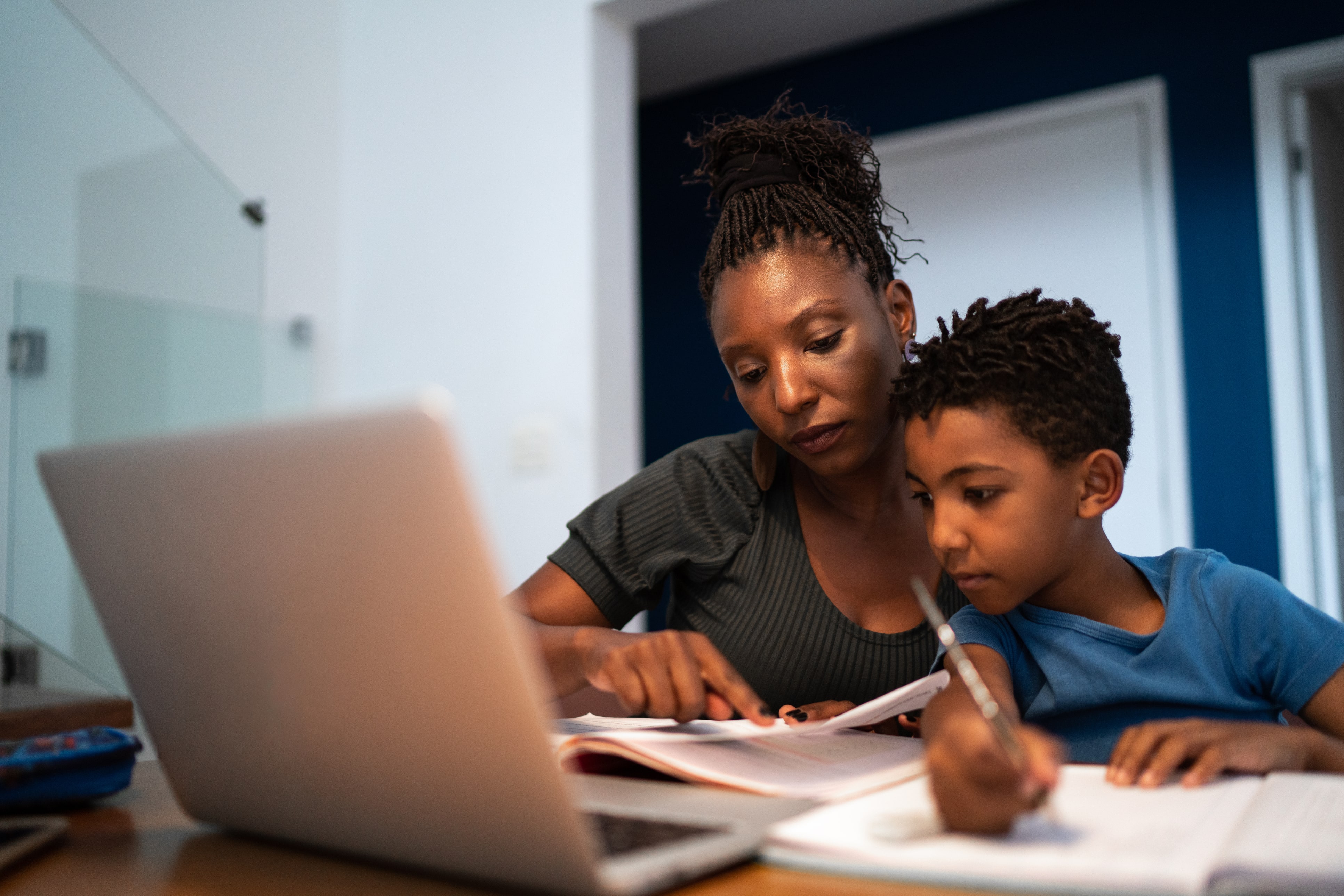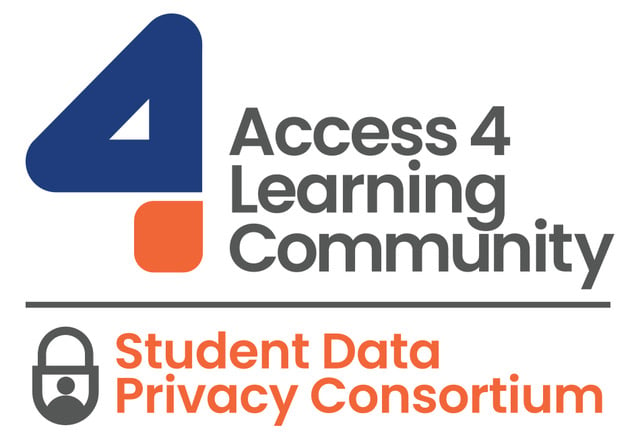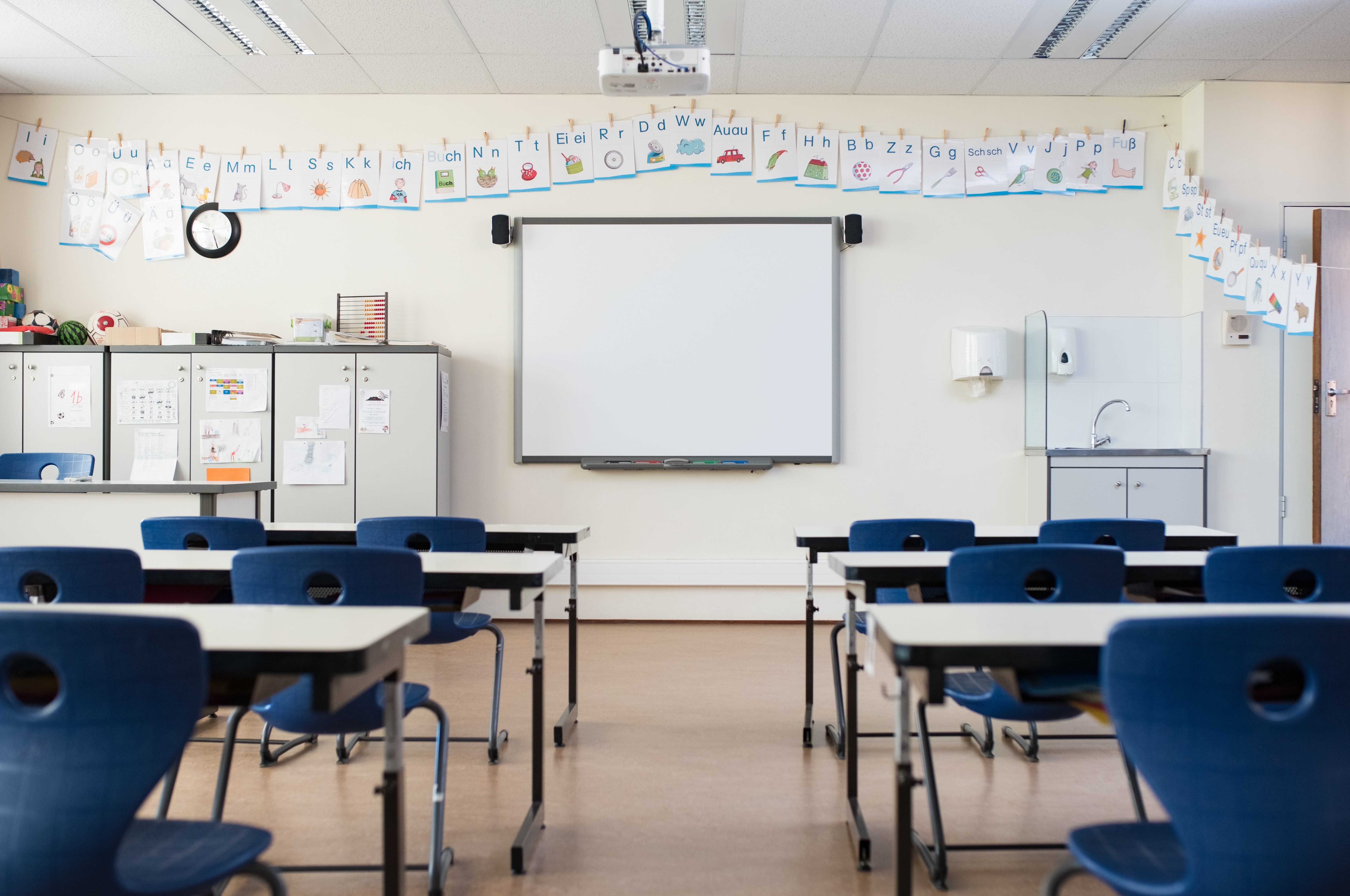
-
Solutions
-
By District Priority
-
-
Products
-
-
Panorama Surveys and EngagementStudent, Family, and Staff Surveys
-
Student SurveysCapture student voice to inform decision-making
-
 Family SurveysIncrease family engagement and understand community priorities
Family SurveysIncrease family engagement and understand community priorities -
 Teacher and Staff SurveysSupport and retain your best educators with staff feedback
Teacher and Staff SurveysSupport and retain your best educators with staff feedback -
 Check-InsGain real-time insights into student well-being and learning with quick, recurring surveys
Check-InsGain real-time insights into student well-being and learning with quick, recurring surveys
-
-
-
-
Resources
-
Featured Resource

AI Roadmap for District Leaders
100+ prompts, a buyer’s guide, and a rollout plan—everything you need to lead with AI.
-
Find Your State
-
-
Alabama
-
Alaska
-
Arizona
-
Arkansas
-
California
-
Colorado
-
Connecticut
-
Delaware
-
Florida
-
Georgia
-
Hawaii
-
Idaho
-
Illinois
-
Indiana
-
Iowa
-
Kansas
-
Kentucky
-
Louisiana
-
Maine
-
Maryland
-
Massachusetts
-
Michigan
-
Minnesota
-
Mississippi
-
Missouri
-
Montana
-
Nebraska
-
Nevada
-
New Hampshire
-
New Jersey
-
New Mexico
-
New York
-
North Carolina
-
North Dakota
-
Ohio
-
Oklahoma
-
Oregon
-
Pennsylvania
-
Rhode Island
-
South Carolina
-
South Dakota
-
Tennessee
-
Texas
-
Utah
-
Vermont
-
Virginia
-
Washington
-
West Virginia
-
Wisconsin
-
Wyoming
-
-
-
About Us
-
Impact
-
Get in Touch
-
Tennessee
A Powerful Technology Platform to Support Tennessee Students
Join the Tennessee school districts that are using Panorama’s tools to support student success.
Scale systems of support
Ensure students are college and career ready
Move from measurement to action
See how Tennessee districts partner with Panorama to support student success.
Stakeholder Feedback
Gather Feedback to Create Safe, Engaging School Communities
Promote positive school climate by collecting valid and reliable feedback about what matters most — from belonging and teacher-student relationships to engagement and school safety.

MTSS/RTI
Unify, Scale, and Continuously Improve your Multi-Tiered System of Supports
A strong MTSS helps educators go from numbers to names. Learn how Panorama helps educators collaboratively manage student intervention plans—allowing everyone to gain a holistic understanding of the student.

Family Engagement
Support Family-School Partnerships
Family-school partnerships have been shown to contribute significantly to student success. Learn how Panorama supports educators with family feedback surveys developed in partnership with the Harvard Graduate School of Education and Dr. Karen Mapp.

Positive Behavior
Unified Behavior Logging Tools and Insights
Support the behavioral health of students and promote success in the learning process. Panorama Behavior Logging and Analytics helps connect the dots across academics, attendance, behavior and life skills.

Proud member of the Student Data Privacy Consortium

Resources for our Tennessee School & District Leaders
Ready to bring Panorama to your school or district?
Join thousands of Tennessee educators that trust Panorama to support every student


